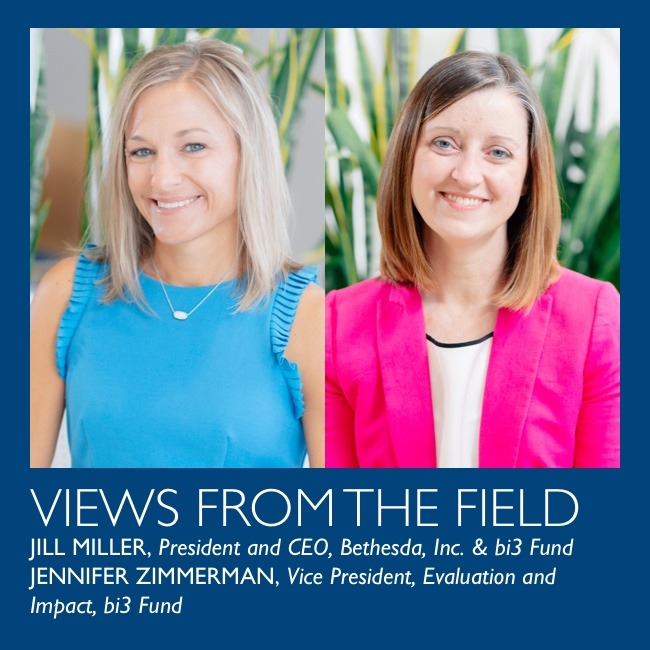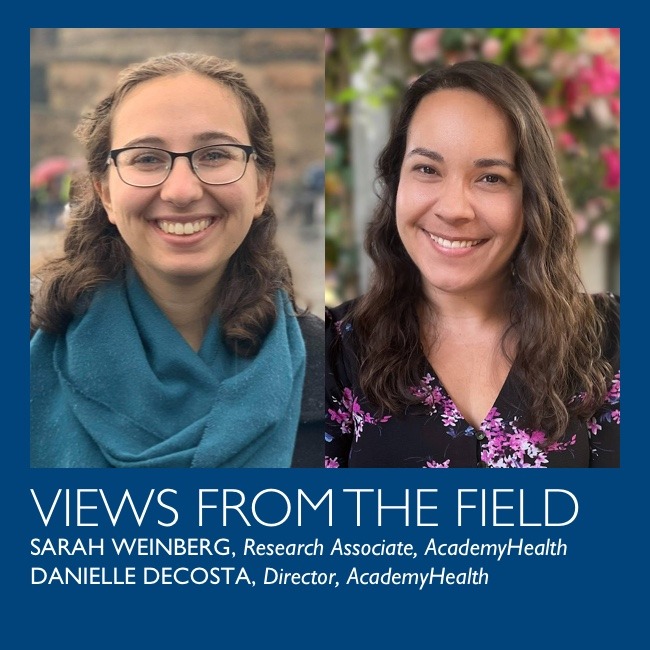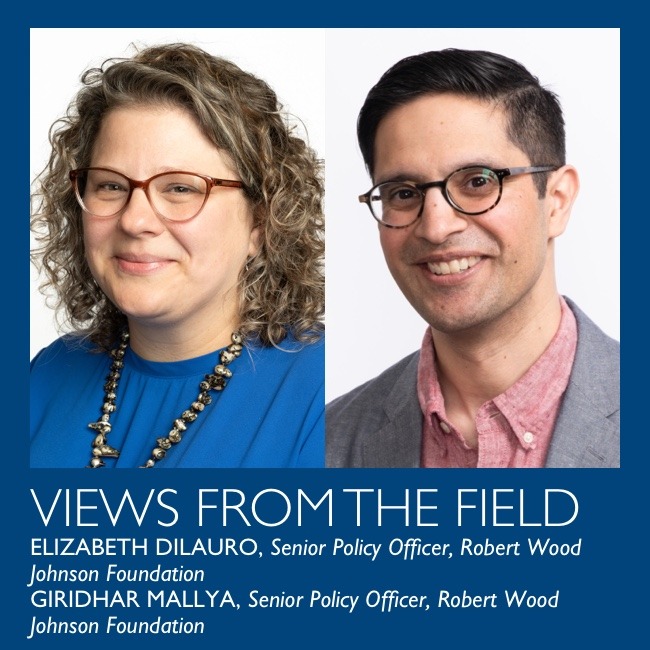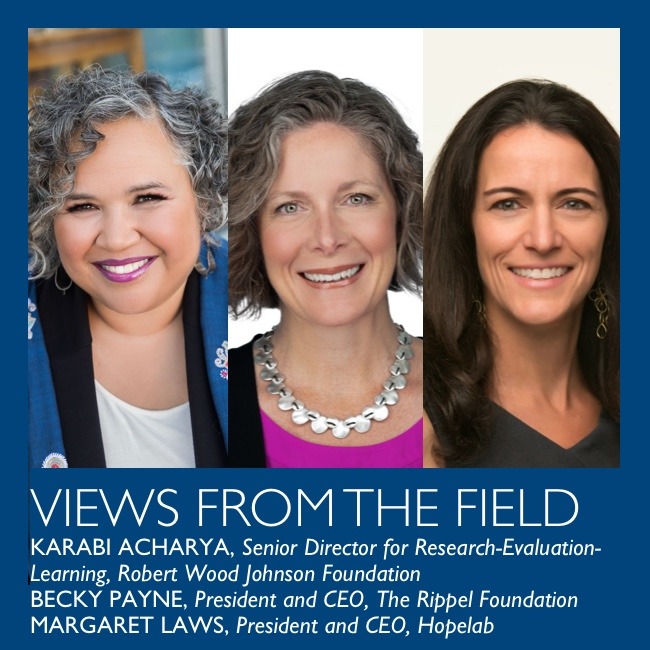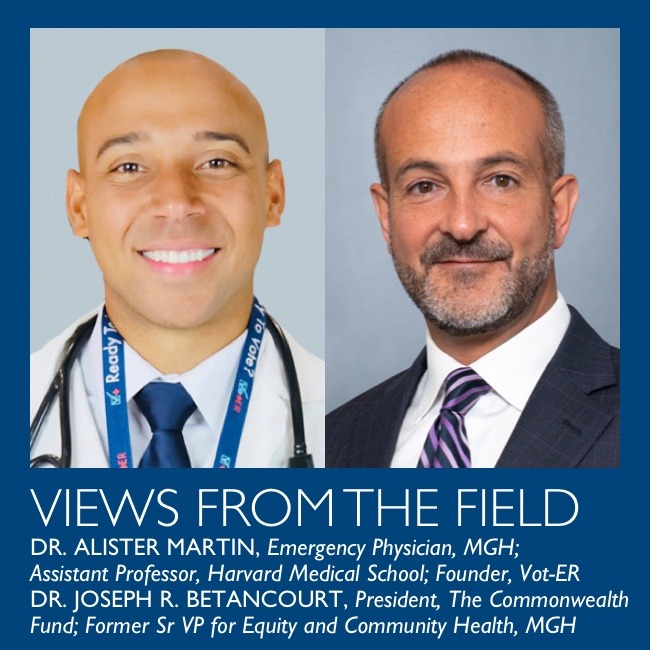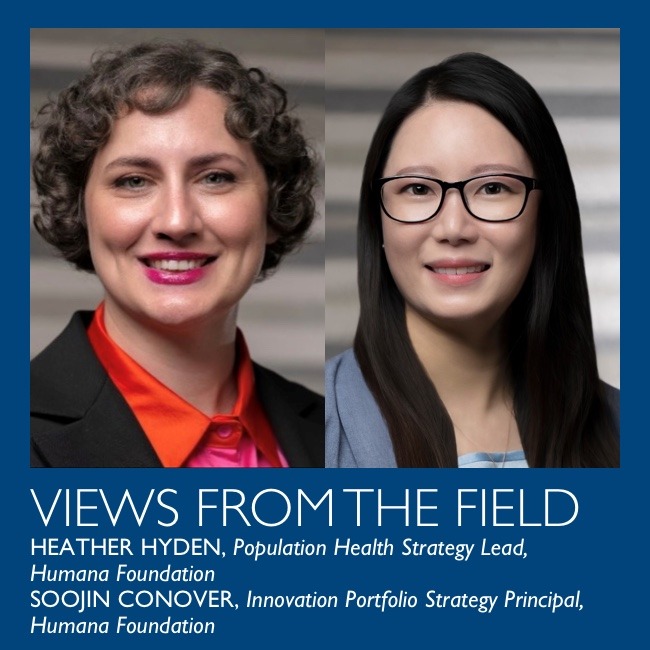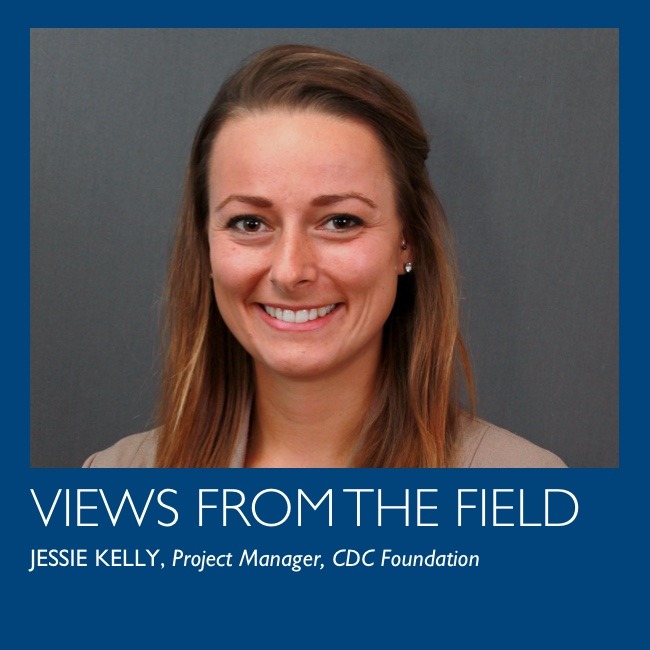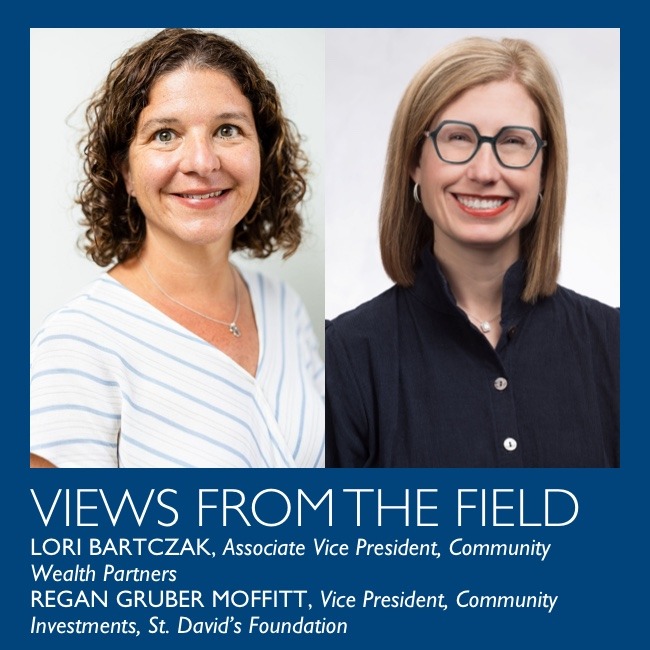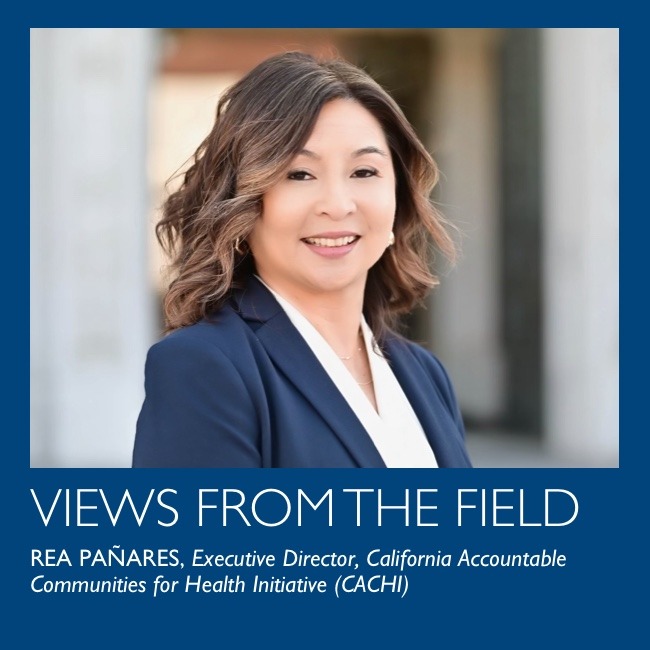To Improve Youth Mental Health, Funders Must Center Youth Voices
As youth mental health challenges continue to grow nationwide, a new initiative in Greater Cincinnati believes transformational change begins when youth are empowered to lead.
Measuring and Communicating Impact: How Philanthropy Can Show and Tell Its Impact to Rally the Public in Defense of Research
If research evidence falls in the vast forest of journals and grant reports, but no one outside hears it, can it inform policy? In today’s political climate, grantmakers must do more than generate knowledge. They must ensure that its real-world impact is visible, measurable, and defensible.
Investing in Collective Well-Being: Committing to a Future Where People and Planet Flourish
In this moment of widespread burnout and fragmentation, philanthropy has a crucial role in supporting communities redefining what it means to thrive. That means moving beyond narrow metrics and embracing a broader vision of collective well-being rooted in belonging, purpose, and dignity. The philanthropic sector must rise to the challenge of helping build an equitable future where both people and the planet can truly flourish.
Beyond the Exam Room: Impacting Health Outcomes Through Civic Engagement
August marks Civic Health Month, a time to showcase the link between voting and health and celebrate efforts that ensure every voter can support their community’s health at the ballot box. At the same time, the United States is grappling with a health care system ranked 37th globally despite consuming 17 percent of the country’s GDP. With 26 million Americans uninsured and 43 million underinsured, the gap in access to care continues to widen. This crisis will deepen as critical ACA subsidies expire at the end of 2025, potentially leaving 3.8 million more Americans without coverage, in addition to new federal cuts to Medicaid and changes to how coverage is accessed through the health insurance marketplace, which could result in as many as 20 million Americans losing their health insurance.
Protecting Ballot Measures to Protect Democracy
Access to abortion care in Ohio. The chance to support city candidates with democracy vouchers in Seattle. Promoting judicial ethics in Colorado. An $11 an hour minimum wage in Arkansas. What do these policy changes have in common? They were all enacted through the ballot initiative process, and they all support healthy, thriving communities, both in process and in outcome. But multiple states are seeing efforts to curtail the ballot measure process, limiting the voices of voters.
Collaborating for Impact: Providing Trust-Based Grantmaking and Technical Assistance to Support Local Resilience to Extreme Weather Events
In the last few years, there has been an increased number of extreme weather events, including wildfires, tornadoes, hurricanes, floods and heatwaves in the United States. In 2023, the United States experienced 28 disasters that cost at least $1 billion, the largest number of billion-dollar disasters in a single year on record (Smith 2024). While some areas of the country are more susceptible to these threats, there are no regions immune to disasters. According to a recent Gallup poll, 37 percent of adults in the United States report they have been personally impacted by at least one extreme weather event in the last two years, which is higher than the 2022/2023 survey result at 33 percent.

